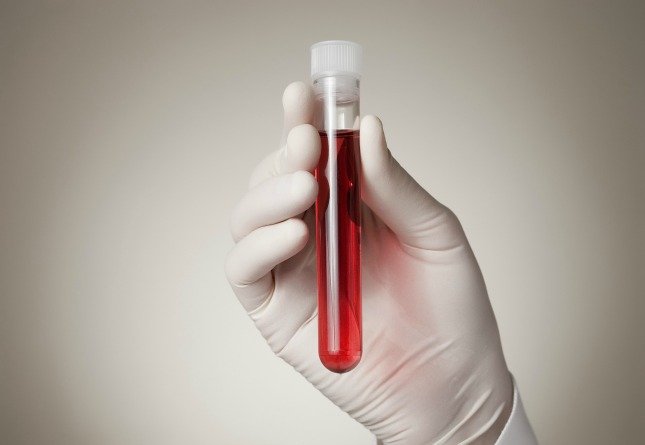Scientists Develop Blood Test That Can Detect Cancer Four Years Before Symptoms
- Get link
- X
- Other Apps

A team of researchers in China have discovered a blood test that can detect cancer up to four years before symptoms appear, in a latest study.
The study, published in Nature Communications, a scientific journal, on Tuesday, revealed that the test — christened PanSeer — could detect cancer in 95% of individuals who had no symptoms before but diagnosed with the disease later.
The researchers found that it could also test cancer in the different parts of the body including stomach, gullet, bowel, lungs and liver before conventional diagnosis is administered.
To arrive at the findings, the researchers analysed samples of 605 people — who previously had no symptoms of cancer — collected between 2007 and 2014.
Out of the selected samples, 191 were later diagnosed with cancer.
The researchers also examined specimens from an additional 223 diagnosed cancer patients as well as 200 primary tumour and normal tissue samples.
Findings from the study showed the test was able to spot cancer in 88% of participants who had already been diagnosed and in 95% of participants who were not diagnosed with cancer but later went on to develop the disease.
The researchers also discovered that the test accurately identified samples without cancer 96% of the time.
The test technique involves spotting the telltale signs of cancer based on very small levels of tumour DNA circulating in the blood.
The study is considered a major boost to the ongoing global campaign against cancer with emphasis on early detection of the disease.
“Early detection has the potential to reduce cancer mortality, but an effective screening test must demonstrate asymptomatic cancer detection years before conventional diagnosis in a longitudinal study,” the researchers wrote.
“These results demonstrate that cancer can be non-invasively detected up to four years before current standard of care.”
The researchers, however, stressed the need for more experiments involving larger samples, citing the limitations in their own study which included use of fewer persons.
Samantha Harrison, a senior early diagnosis manager at Cancer Research UK, described findings from the study as a welcome development but called for larger studies to validate the test.
“The PanSeer test has achieved encouraging initial results. Promisingly, the test may be able to detect cancer in blood samples taken years before diagnosis. But these are early results that now need to be validated in larger studies,” Harrison told the Guardian UK.
Research has long investigated procedures with which oncologists and other experts could adopt when it comes to diagnosing cancer patients to offer hope for early detection of the disease.
In April, some scientists also discovered a new blood test they claim could check for about 50 different types of cancer before symptoms begin to show in patients.
Source:
- Get link
- X
- Other Apps

Comments
Post a Comment